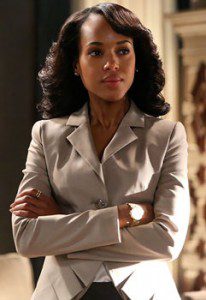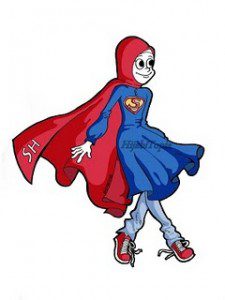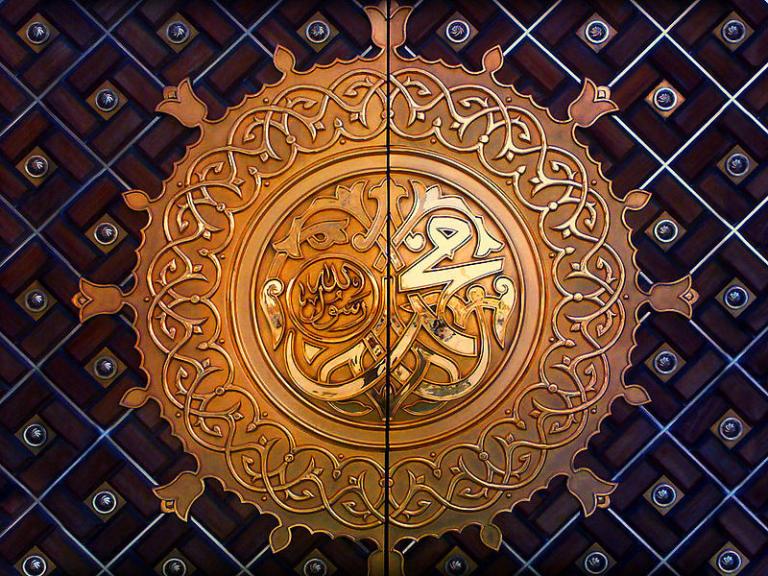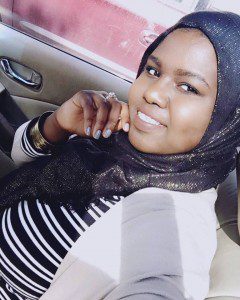 Those of us who find ourselves living at the intersection of race and popular culture have long known that diverse audiences are eager to consume diversity in media and the arts. The massive popularity of ABC’s hit show Scandal can be measured not only by Nielsen ratings, but also by how it dominates Twitter, with fans, actors, and the show’s writers live-tweeting the action every Thursday night. Central character Olivia Pope is portrayed by African American actress Kerry Washington as a brilliant, strong willed professional and a loving friend – who is learning to be kind to herself and listen to her heart in respect to the men in her life.
Those of us who find ourselves living at the intersection of race and popular culture have long known that diverse audiences are eager to consume diversity in media and the arts. The massive popularity of ABC’s hit show Scandal can be measured not only by Nielsen ratings, but also by how it dominates Twitter, with fans, actors, and the show’s writers live-tweeting the action every Thursday night. Central character Olivia Pope is portrayed by African American actress Kerry Washington as a brilliant, strong willed professional and a loving friend – who is learning to be kind to herself and listen to her heart in respect to the men in her life.
FOX’s Sleepy Hollow – the first of this year’s freshman shows to be renewed for a second season – has a black female lead, Police Lt. Abbie Mills. As portrayed by Nichole Beharie, Abbie Mills is a figure of authority who is well-respected by her peers and superiors. Unlike Olivia Pope, she is not afraid to show her vulnerability and fears as she deals with various monsters in one of this year’s zaniest plot lines. Both Olivia Pope and Abbie Mills signal a new type of black female character on the small screen: strong and vulnerable, realistic and human. And both shows are wildly popular outside of the black female demographic, proving that a well-written outlandish story, coupled with a charismatic lead, can break through racial divides in TV land.
Yesterday, Marvel Comics announced that their latest superhero is an American teenaged shape shifter from New Jersey. Kamala Khan also happens to be Muslim and of Pakistani origin – a young woman who struggles with her multiple identities while fighting supervillains. Kamala, who will be written by a Muslim author, isn’t the first Muslim superhero, nor is she even Marvel’s first. But, she is part of a popular culture trend that is beginning to take America’s religious diversity into account, whether it’s self-propelled, like the adventures of Sikh Captain America that went viral earlier in the fall, or backed by a powerful corporate or entity, like The Gap’s recent campaign, featuring Sikh designer and model Waris Ahulwalia.
 I was happy to read about Kamala and did my part in helping Muslim superheroes and Sikh models go viral. I think it is profoundly critical that America’s racial and religious diversity is reflected in the media and entertainment we consume. And I wonder what it might mean to “be the first (fill in the blank)” in popular culture as we take our agency to define ourselves. Racial and religious minorities are pioneers in a popular culture that has long been the domain of white men from Judeo-Christian backgrounds writing the scripts and the paychecks.
I was happy to read about Kamala and did my part in helping Muslim superheroes and Sikh models go viral. I think it is profoundly critical that America’s racial and religious diversity is reflected in the media and entertainment we consume. And I wonder what it might mean to “be the first (fill in the blank)” in popular culture as we take our agency to define ourselves. Racial and religious minorities are pioneers in a popular culture that has long been the domain of white men from Judeo-Christian backgrounds writing the scripts and the paychecks.
Unfortunately, they have not had a good track record of accurately portraying people who look and pray like me. Popular culture is not simply entertainment; it’s a powerful storytelling tool that helps shape the national narrative. As America’s first Muslim Congressman, Keith Ellison, is fond of saying, “If you’re not at the table [making decisions], you’re on the table.” American Muslims need to write our stories, support members of our community who want to make a career in the arts, and shape our own narratives.
This week marks the anniversary of the 1968 election of Representative Shirley Chisolm, the first black woman to be elected to Congress. Her words leave an indelible mark, “I want history to remember me not just as the first black woman to be elected to Congress, not as the first black woman to have made a bid for the presidency of the United States, but as a black woman who lived in the 20th century and dared to be herself.” We are living in a time of “American Muslim firsts” in the world of popular culture. We should dare to be ourselves.











